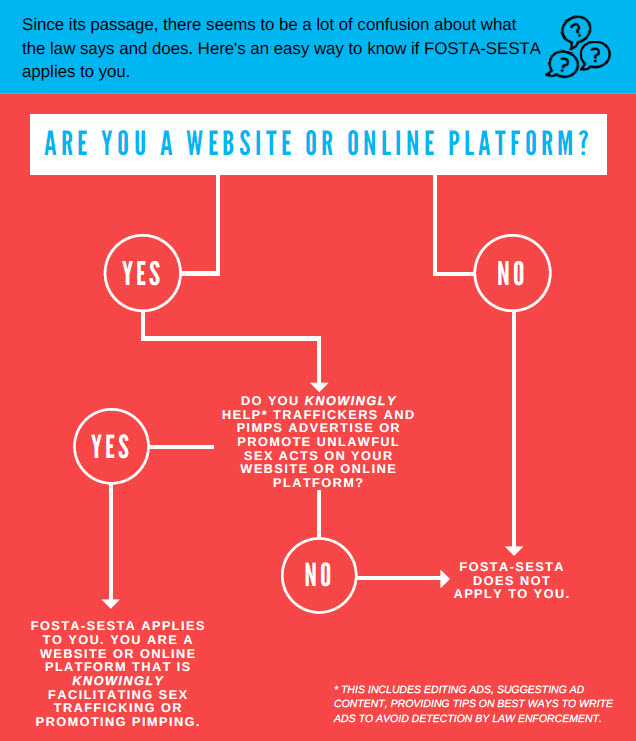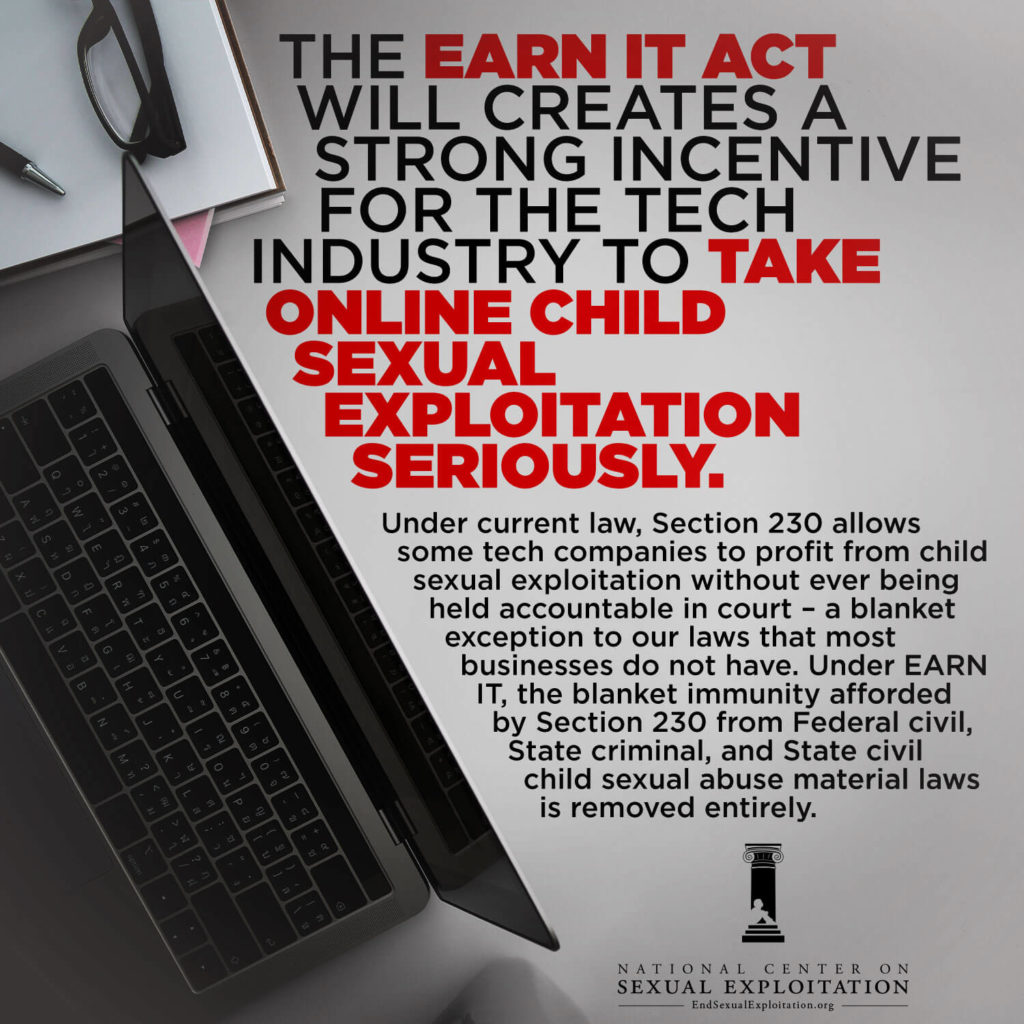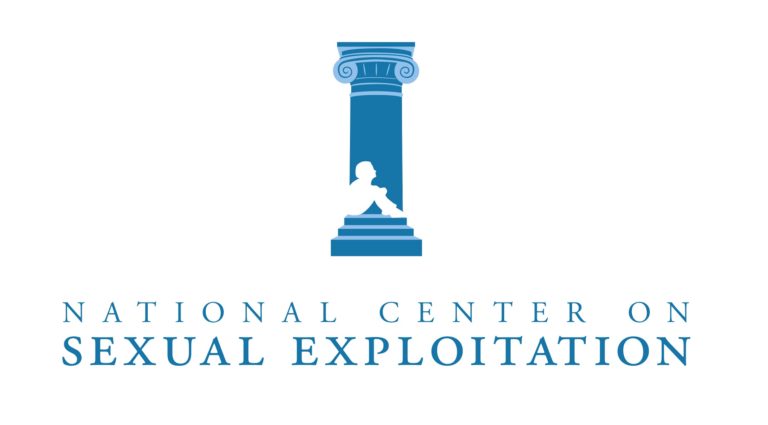
The Problem
VICTORY!
Looking for backpage.com? Backpage.com was shut down by the U.S. government for facilitating prostitution and sex trafficking. Prostituted and sexually trafficked women, men, and children suffer deep physical and psychological harm as a result of sexual exploitation in the sex trade. Those who buy people for sex fuel the sex trade and contribute to the abuse and trauma of those being sold.
Have you purchased a person for sex? Are you struggling with sexually compulsive behaviors? Here are some signs that your sexual behaviors are exploitive and/or out of control (not an exhaustive list):
visiting strip clubs
paying for sex (e.g., illicit massage parlors, strip clubs, escort prostitution, cyber-prostitution)
engaging in high risk sexual behavior (e.g., sex without condoms; multiple sex partners; anonymous sex)
cheating on your partner
compulsively masturbating to sexual fantasies or pornography
To see if you may be addicted to sex, take this Sex Addiction Screening Test (SAST-R) free of charge.
Help is available. There is hope. Many organizations are devoted to helping people recover from sex/pornography addictions and to live happy, fulfilling lives. The best way to determine whether or not you have a problem is to get qualified help. Click here to find a therapist in your area. Also, here are more resources to help put you on the path to recovery.
The Original Problem Before Backpage.com Was Shut Down
Backpage.com brings the seedy street corners of America’s red-light districts to home computers.
A classified advertising website known as “the hub” for prostitution advertising, Backpage.com serves as a virtual auction block where sex buyers can shop for human beings for sex from the privacy of their home, office, hotel room, or cell phone. Many of those bought and sold via the website are sexually trafficked women and children.
Reports show that Backpage facilitates this activity by editing ads to conceal the illegality of underlying criminal activity.
We are demanding Backpage.com stop promoting and profiting from sexual exploitation. They must stop facilitating sex trafficking, prostitution, and the exchange of pornographic (sometimes child sexual abuse images) photos by eliminating the “adult services” section of their website.
For years, a quick scan of the “adult services” section on Backpage.com revealed dozens of pornographic photos used as advertisements promoting the buying and selling of women and children for sex in cities across the country.
The organization, My Life My Choice, which serves survivors of sexual exploitation stated that approximately half of the survivors they work with were trafficked online. The National Center on Missing and Exploited Children has reported that 73% of all child sex trafficking cases its handled involved Backpage.com.
Backpage has come under tough scrutiny from activists and law enforcement officials in the U.S. for serving as the platform for the open buying and selling of human beings for sex. One prominent example is this letter from 51 state Attorneys General (including Guam and American Samoa), explaining that many cases of sexual trafficking involving children are directly related to the posting of ads on Backpage.com.
In October 2016, as a result of a three-year investigation spearheaded by the California Attorney General’s office, authorities in Texas arrested Backpage.com CEO Carl Ferrer on felony charges of pimping a minor, pimping, and conspiracy to commit pimping. Controlling shareholders Michael Lacey and James Larkin were also charged with conspiracy to commit pimping. A judge later threw out the case, but in December 2016, California’s Attorney General announced new charges including 13 counts of pimping and conspiracy to commit pimping, and 26 counts of money laundering against the men.
The California Attorney General’s office reported that during the period of January 2013 to March 2015, 99% of Backpage’s worldwide income was directly attributable to its ads selling people for sex. With sites in cities around the world, Backpage ads in California alone are reported to have generated $2.5 million per month and more than $51 million during the 29-month period. Additionally, Ferrer created similar sites such as EvilEmpire.com and BigCity.com with related content to expand the company’s market share of the sexual exploitation industry.
Concurrently, Backpage.com has been under investigation by members of the U.S. Congress. During this process Backpage CEO Carl Ferrer refused to comply with a subpoena to appear before the U.S. Senate. As a result, Ferrer was issued the first civil contempt action authorized by the Senate in more than twenty years.
On January 9, 2017, Backpage.com “blocked” its prostitution advertising in America. Its prostitution advertising pages now greet visitors with the message: “The government has unconstitutionally censored this content.” This change occurred the night before Backpage CEO Carl Ferrer and founders, Michael Lacey and James Larkin, were scheduled to testify to the U.S. Senate’s Permanent Subcommittee on Homeland Security and Governmental Affairs in their investigation into sex trafficking occurring via their website. At the hearing, Backpage executives refused to testify.
The public should not fall for Backpage’s theatrical attempt to portray itself as the victim of government persecution or censorship. The only people under attack are those used as human fodder in Backpage’s gristmill of sexual exploitation. While Backpage likes to wrap itself in the First Amendment, free speech is not a license to orchestrate sexual exploitation. Moreover, the prostitution advertising occurring on Backpage.com simply migrated to other sections of the website.
On January 9, 2017, the U.S. Senate’s Permanent Subcommittee on Investigations issued its report entitled, “Backpage.com’s Knowing Facilitation of Online Sex Trafficking.” For nearly two years the Committee investigated Backpage’s involvement with sex trafficking, and found that, “The internal company documents obtained by the Subcommittee conclusively show that Backpage’s public defense is a fiction.”
Among the report’s finding is evidence that Backpage knowingly concealed evidence of criminality by systematically editing prostitution ads. Using a special filter, terms indicative of sexual exploitation, such as Lolita, teenage, rape, young, amber alert, little girl, teen, fresh, innocent, and school girl, were deleted from prostitution ads. The report also stated that the company was editing 70 to 80% of ads in the adult (i.e., prostitution) section.
Nevertheless, Backpage executives have thus far escaped criminal conviction and civil liabilities for their role in sex trafficking due to a provision in the Communication Decency Act (CDA) known as Section 230. Congress passed the CDA in 1996 with the intent of protecting children from Internet pornography. Much of this law was later overturned by the Supreme Court, but Section 230 still stands.
Several survivors of sex trafficking have pursued courts cases against Backpage.com for its role in facilitating their sexual exploitation, but their cases have been dismissed as courts have consistently misinterpreted the very plain meaning of Section 230. The actual, plain meaning of the CDA offers Internet service providers (ISPs) (e.g., Backpage.com) a limited defense to civil suits not derived from criminal actions. However, the courts have consistently chosen to ignore the plain language of the CDA, misinterpret phrases they claim to be ambiguous, thereby offering ISPs complete immunity from all criminal and civil liability.
The result is a lawless Internet. Crimes that are not permissible offline are allowed to flourish as long as they are facilitated via the Internet. People operating as pimps are allowed to continue their role as organizers of sexual exploitation as long as they do so behind the veil of an ISP.
Therefore, we call on the U.S. Congress to take swift and strong action to amend the CDA so that ISPs not acting in good faith no longer have de facto immunity for facilitating egregious sex exploitation on a global scale.
WARNING: There may be graphic images and text descriptions shown in these sections.
POSSIBLE TRIGGER.
Proof
Take Action
Pornography
Public Health Harms of Pornography
Help educate others and demand change by sharing these on social media:
Progress

Within 48 hours of the U.S. Senate’s passage of legislation combating online sex trafficking, several websites have shuttered their prostitution ads. The historic legislation passed the Senate in a landslide 97-2 vote on Wednesday. H.R. 1865 was a legislative package that combined the Allow States and Victims to Fight Online Sex Trafficking Act (FOSTA), sponsored
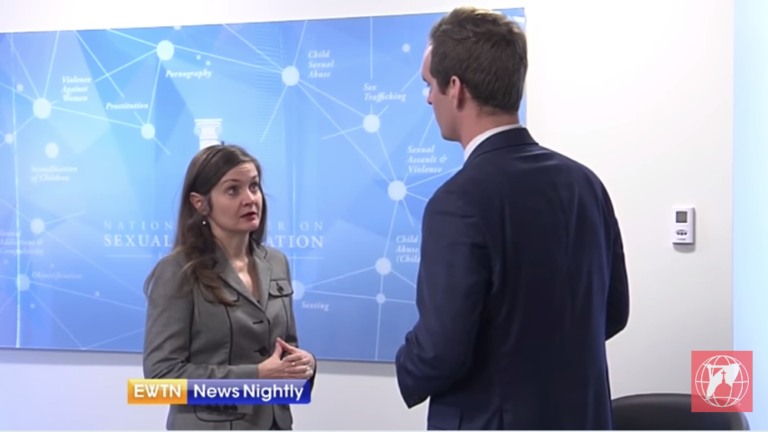
Our Vice President of Advocacy and Outreach Lisa L. Thompson joined EWTN News Nightly to discuss the biggest victory in the fight against online sex trafficking in decades, the Senate’s passage of FOSTA-SESTA. This legislation amends the Communications Decency Act to allow victims of online sex trafficking to hold the websites
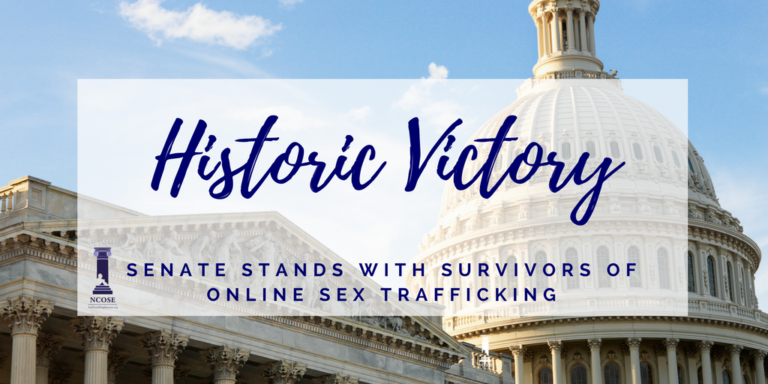
The Senate today passed FOSTA-SESTA by a vote of 97-2. The legislative package included H.R. 1865 the Allow States and Victims to Fight Online Sex Trafficking Act (FOSTA), sponsored by Rep. Ann Wagner, and an amendment sponsored by Rep. Mimi Walters which incorporated the vital reforms contained in S. 1693 the Stop Enabling

